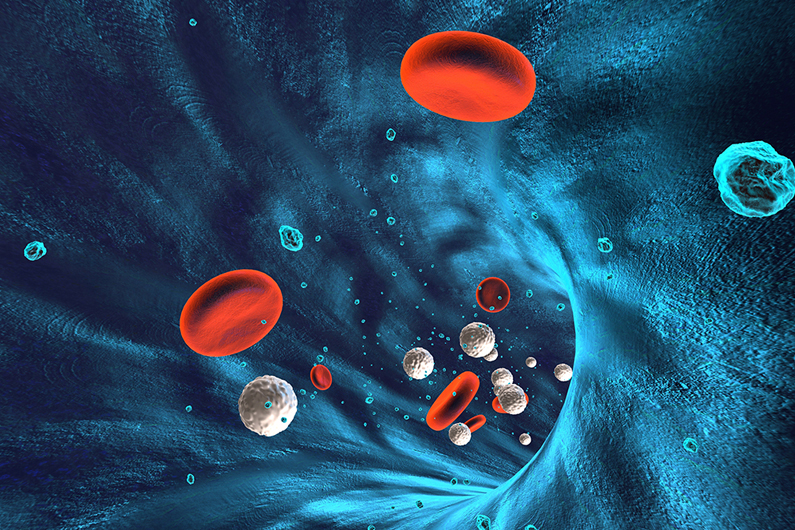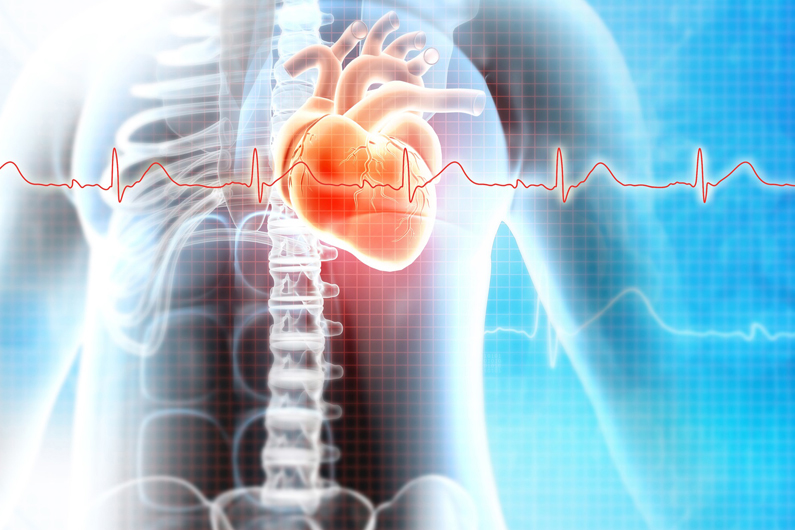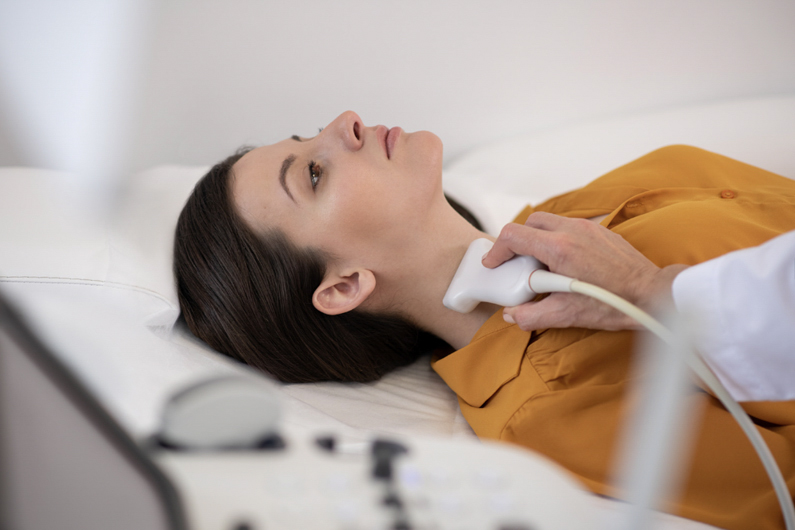Clinical trials at NIH Clinical Center in need of participants
The road to recovery after a bone marrow transplant can be complicated by cytopenia(s), when one or more of your blood cell types is lower than normal. Sometimes, this is "immune-mediated," meaning your red cells or platelets are being targeted and destroyed by the body's immune system. Researchers from the National Heart, Lung, and Blood Institute are testing the drug fostamatinib in adults with immune-mediated cytopenia(s) to see if it will help. The study enrolls adults who are 60 or more days post-transplant, experiencing hard-to-treat cytopenia(s), and are transfusion dependent. If you know someone that qualifies, contact the NIH Clinical Center Office of Patient Recruitment at 866-444-2214 (TTY users dial 7-1-1), ccopr@nih.gov or https://bit.ly/3Vh6ZUP. Ask for study #000758-H.

A research study by the National Heart Lung and Blood Institute is looking for pregnant women between 18 and 45 years of age who are at risk of having an infant with sickle cell disease and women who are pregnant with no risk of having an infant with sickle cell to donate their baby's cord blood. Tests and procedures will be provided at no cost. Travel may be reimbursed. Contact the NIH Clinical Center Office of Patient Recruitment at 866-444-2214 (TTY users dial 7-1-1), ccopr@nih.gov or visit https://go.usa.gov/xSQqW. Refer to study #01-H-0122.

Pharmacologic therapy with Bruton's tyrosine kinase (BTK) inhibitors is associated with an increased risk of heart problems like atrial fibrillation, bleeding and high blood pressure (hypertension) which can lead to sudden death. There is currently no standard for cardiac screening or monitoring patients on BTK inhibitors. Researchers at the National Heart, Lung, and Blood Institute are investigating the relationship between the development of heart problems in patients on BTK inhibitors as it relates to other variables. Participants will not pay for tests, treatments or procedures and travel may be reimbursed. Contact the NIH Clinical Center Office of Patient Recruitment at 866-444-2214 (TTY users dial 7-1-1), ccopr@nih.gov or visit https://bit.ly/414oewX. Refer to study #000923-H.

How much iodine goes into cancer cells after thyroid-stimulating hormone therapy? The standard treatment for thyroid cancer is radioactive iodine (RAI). But how much of the RAI goes into the cancer cells? During this metastatic thyroid cancer study, doctors will assess a new imaging tool - 124I PET/CT- to evaluate how much iodine goes into the tumor. This study aims to compare how much iodine goes into cancer cells after two different methods of stimulation of RAI uptake.
The imaging will be followed by therapy with RAI dose individualized to each patient, based on the tumor uptake measured by 124I PET/CT. A National Institute of Diabetes and Digestive and Kidney Diseases research team is seeking adult patients, age 18 and older, with thyroid cancer that has spread outside the thyroid to the lymph nodes, lungs or bones. All tests and procedures are provided at no cost. Travel and lodging assistance may be provided. For more information and enrollment, call the NIH Clinical Center Office of Patient Recruitment at 866-444-2214 (TTY users dial 7-1-1), ccopr@nih.gov or https://bit.ly/3rvni46. Refer to study #19-DK- 0050.

Researchers from the National Institute of Allergy and Infectious Diseases are enrolling healthy volunteers, 18-29 and living in the D.C., Maryland and Virginia areas in an investigational Epstein-Barr virus (EBV) vaccine clinical trial. If you are eligible, consider joining to help research into stopping the spread of EBV - the most common cause of infectious mononucleosis (mono) and associated with some cancers. For more information, contact the NIH Clinical Center Office of Patient Recruitment at 866-444-2214 (TTY users dial 7-1-1), ccopr@nih.gov or https://go.usa.gov/xsYK5. Refer to study #21-I-0005.
